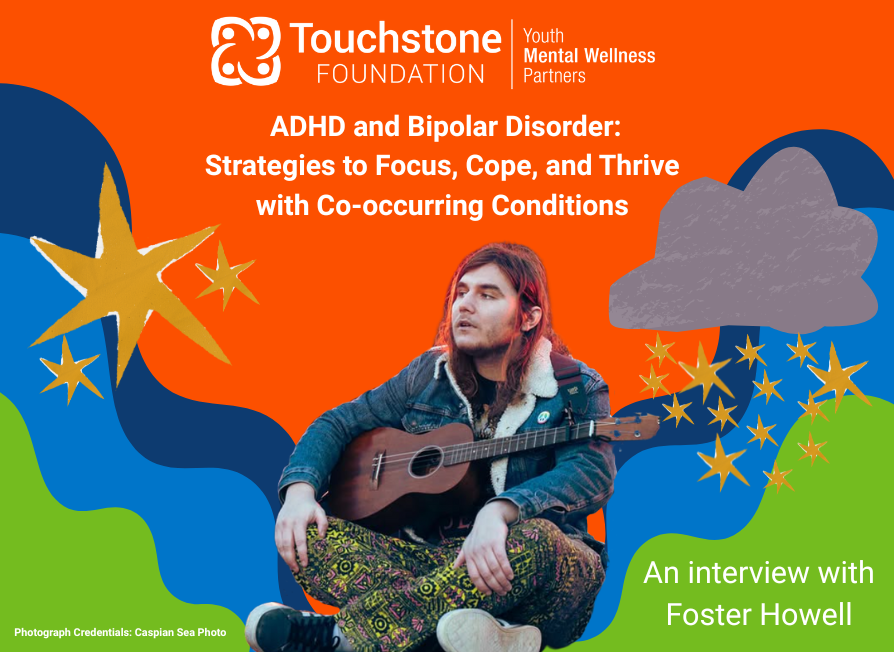The 2015 annual conference on health philanthropy, Grantmakers in Health brought together over 600 funders in Austin, Texas last week. Focusing on “Pathways to health”, plenary speakers and sessions focused on:
- Prevention and wellness — healthy eating/active living, integrative health, and population health
- Health across the life course — aging, maternal and child health
- Equity, diversity and inclusion — disparities, social determinants of health
- Access to quality health care — access, behavioral health, health reform, oral health, quality
- Foundation strategy and operations — public policy and advocacy, strategies
Patrick Kennedy, former US Congressman and founder of The Kennedy Forum opened the conference and spoke about his sponsorship of the Mental Health Parity and Addiction Equity Act of 2008. Kennedy challenged health funders to package a plan for insurers to provide mental health parity.
As a consumer in recovery for addiction, Kennedy called mental health a “force multiplier” — to optimize functionality for everyone to have the best potential in life. Just as all children get routine physicals for school, we should all have a routine “check up from the neck up.” We need to treat the brain as a part of the body. He said that our health care system is a reactive sick care system that needs to focus more on social supports and a collaborative care model that integrates a network of social supports into primary care.
He is now cofounder of the One Mind for Research, a national coalition seeking new treatments and cures for neurologic and psychiatric diseases of the brain afflicting one in three Americans.
Kennedy also joined the Behavioral Health Funders breakfast the next morning, joining organizers Judith Meyer from the Child Health and Development Institute of Connecticut and Joni Schwager from the Staunton Farm Foundation to discuss solutions and best practices such as behavioral health homes and integration of behavioral health care into primary care.
In a session on behavioral health philanthropy, Alexa Eggleston, Senior Program Officer, Conrad N. Hilton Foundation, called our attention to the intersection of trauma, health and adolescent substance use. Research shows an increased likelihood that children with history of abuse or neglect will smoke cigarettes, abuse alcohol, or take illicit drugs during their lifetime. Male children with 6 or more Adverse Childhood Experiences (ACEs) had an increased likelihood of more than 4,000% to use intravenous drugs later in life. The risk of developing dependence or abuse is greater for individuals who begin use in adolescence, and we have the greatest opportunity to intervene with youth in grades 9-12. This points to our focus at LOHF on transition-age youth, which we highlight in our recent behavioral health needs assessment for Lancaster County.
The time was also a great opportunity for us to connect with our peers across Pennsylvania. We shared ideas and swapping updates with folks from Scattergood Foundation, Brandywine Health Foundation, First Hospital Foundation, Staunton Farm Foundation, North Penn Community Health Foundation, Poole Charitable Trust, and Jewish Healthcare Foundation, who are all members of the Pennsylvania Health Funders Collaborative.
Final highlights:
- Certified Peer Support Specialists from the Hogg Foundation
- AHRQ — integrated care academy
- Comfort Matters- palliative care management from Diane Meyer, plenary speaker
- Importance of valuing community voice from Haillie Preskill, FSG and Mona Jhawar, The California Endowment, “Learning from One Another: Empowerment and Place-Based Change”
- Institute of Medicine workshops on population health and the BUILD health challenge




